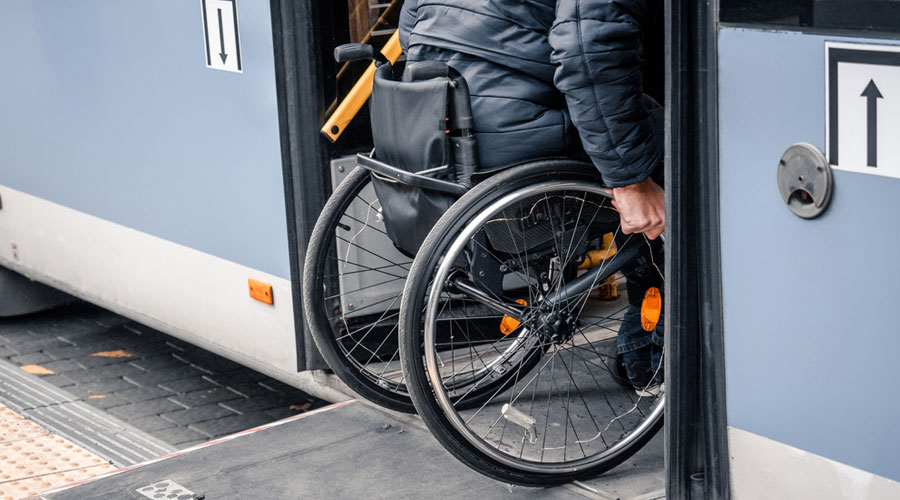It’s 2016: a momentous year in the history of the disability rights movement in India. Parliament has passed the Rights of Persons with Disabilities Act, which aims to further accessibility, equality of opportunity and dignity for PwD. Six years have passed since; but where lies accessibility?
The RPwD Act is perfect on paper but its implementation has been tardy. The non-implementation of the goals of the Act can be attributed to a general lack of awareness. The existing gap in implementation and awareness is not measurable, but it is certainly demonstrable.
Section 39 of the RPwD Act requires the government and its agencies to conduct awareness campaigns to ensure the rights of PwD. If this was implemented effectively, examination invigilators would have been sensitized towards the challenges faced by students with disabilities. Last year, a student with dysgraphia was denied rightful additional time to attempt questions in the NEET.
This is not an isolated instance. A case in point would be the existing infrastructure in India. Even today, a substantial number of new buildings are constructed with zero accessibility compliance. This is a blatant violation of the RPwD Act. At many public facilities, accessibility begins and ends with a ramp. At Metro stations, ticket counters are placed at higher levels, making it difficult for PwD to access them. Disabled-friendly signage is also rare. Indian courts have held that the right to an accessible public toilet is a fundamental right. In fact, access to disabled-friendly toilets was one of the main goals of the Swachh Bharat Mission. However, data suggest there is not even a single accessible community or public toilet in at least 19 Indian states.
The RPwD Act outlines the need for accessible mobility systems, the absence of which can severely restrict the ability of PwD to access various socioeconomic and healthcare opportunities. The government should provide them with Safe, Accessible, Reliable, and Affordable mobility systems. Some ways of doing this would be by promoting low-floor buses with wheelchair access, providing PwD with assistance at airports, and ensuring that the bogey for PwDs is close to the platform and not at the end of the train.
Another realm where accessibility suffers is that of information and communication. Since March 2020, the government has released a lot of information about Covid-19 and precautionary measures but it ignored the aspect of accessibility. For instance, the Aarogya Setu app was wholly inaccessible to PwD. Mobile apps should be certified for accessibility to realize the aims of the RPwD Act.
There remains a blot on our disability policies older than the RPwD Act. Rewind to 2015. The Narendra Modi government’s ‘Accessible India’ campaign has fallen short of meeting the targets despite repeated deadline extensions. One of the reasons was the lack of technical experts on the subject of accessibility. The campaign run by the ministry of social justice received scant support from other ministries. Every policy or campaign has different verticals, each demanding the attention of a different nodal ministry. For instance, accessibility issues relating to electronic information would require coordination with the ministry of electronics and information technology. Similarly, the task of installing ramps at railway stations would necessitate communication with the railways ministry. Each of the nodal ministries should be involved in every step of the planning and implementation processes of future policies. This would help create accountability.
India is home to over 10 crore PwD. It is imperative that the government grasps the magnitude of the indifference towards this constituency and considers accessibility as a prerequisite for inclusion. If implemented properly, the RPwD Act and other policies can lead to structural changes that can dismantle at least some of the barriers that the disabled face.
Ishika Garg is a student at the National Academy of Legal Studies and Research, Hyderabad











